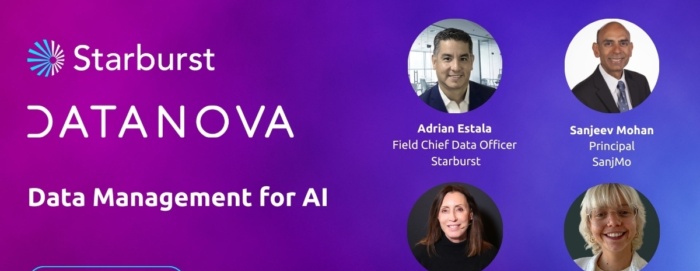insight
2024 marks 10 years of same-sex marriage in the UK. In July 2023 legislation to allow same-sex marriages was passed in England and Wales and took effect on 13th March 2024.
Legislation took effect in Scotland in December 2014 and in Northern Ireland in January 2020. The first same-sex weddings in the UK took place on 29th March 2014, and since then there have been over 67,000 same-sex weddings in the UK.
Here is a brief history of the hard-fought journey to marriage equality in the UK:

However, throughout history there are many other examples of British LGBT+ couples finding ways to become ‘unofficially’ married:
17th Century
In 1680 Arabella Hunt, court musician from Charles II to Queen Anne, married James Howard. Six months later Arabella successfully applied for an annulment on the ground that her husband was actually a woman called Amy Poulter. It is unknown whether Arabella was deceived or whether she knowingly entered into a relationship with a woman.
18th Century
In September 1707, the Parish of Taxal (Cheshire) marriage register included an entry for the marriage of Hannah Wright and Anne Gaskill. In the following June another entry appeared for Ane Norton and Alice Pickford. It is unknown whether these were just a recording error, or whether the priest in Taxal was indeed performing same-sex marriages.
In the 18th century molly weddings were a large part of London’s queer culture. In a molly wedding men took on female roles and names, gave ‘birth’ to dolls, and performed their own marriage ceremonies. In Southwark in 1727, a molly wedding took place between John Hyons (known as Queen Irons) and John Coleman (known as Hannover Kate).
In 1734, John Mountford and Mary Cooper were refused a marriage certificate in London as they were suspected of being two women.
19th Century
In 1808, James Allen married a woman in Camberwell. After 20 years of marriage, he died in an accident at work and a doctor at the inquest ‘testified the body to be that of a female’.
In 1810, the Reverend John Church was Chaplain of the Marrying Room at the White Swan molly house. Molly houses were places for homosexual and gender non-conforming men to meet, including celebrating committed relationships. It is thought Reverend John Church was the first ordained minister to carry out (unofficial) same-sex weddings.
Anne Lister of Shibden Hall, Yorkshire wrote a coded diary of her love affairs with women. In 1834, she exchanged vows and rings with her partner Ann Walker.
It’s clear from the above that members of the LGBTQ+ community have always found ways to show and signal love and commitment to each other, even where that love and commitment was not supported by the laws of the day. The hard-fought journey to marriage equality in the UK is not just a legal victory, but an affirmation that love transcends gender. Marriage equality is about the rejection of historical prejudice and discrimination and embracing the full humanity of LGBTQ+ people who deserve the same legal rights, social recognition, and respect afforded to heterosexual couples. It is amazing to be able to celebrate that we have achieved this today and to be able to honour the activists, campaigners, protesters and pioneers in the movement to get us there.
Latest insights

